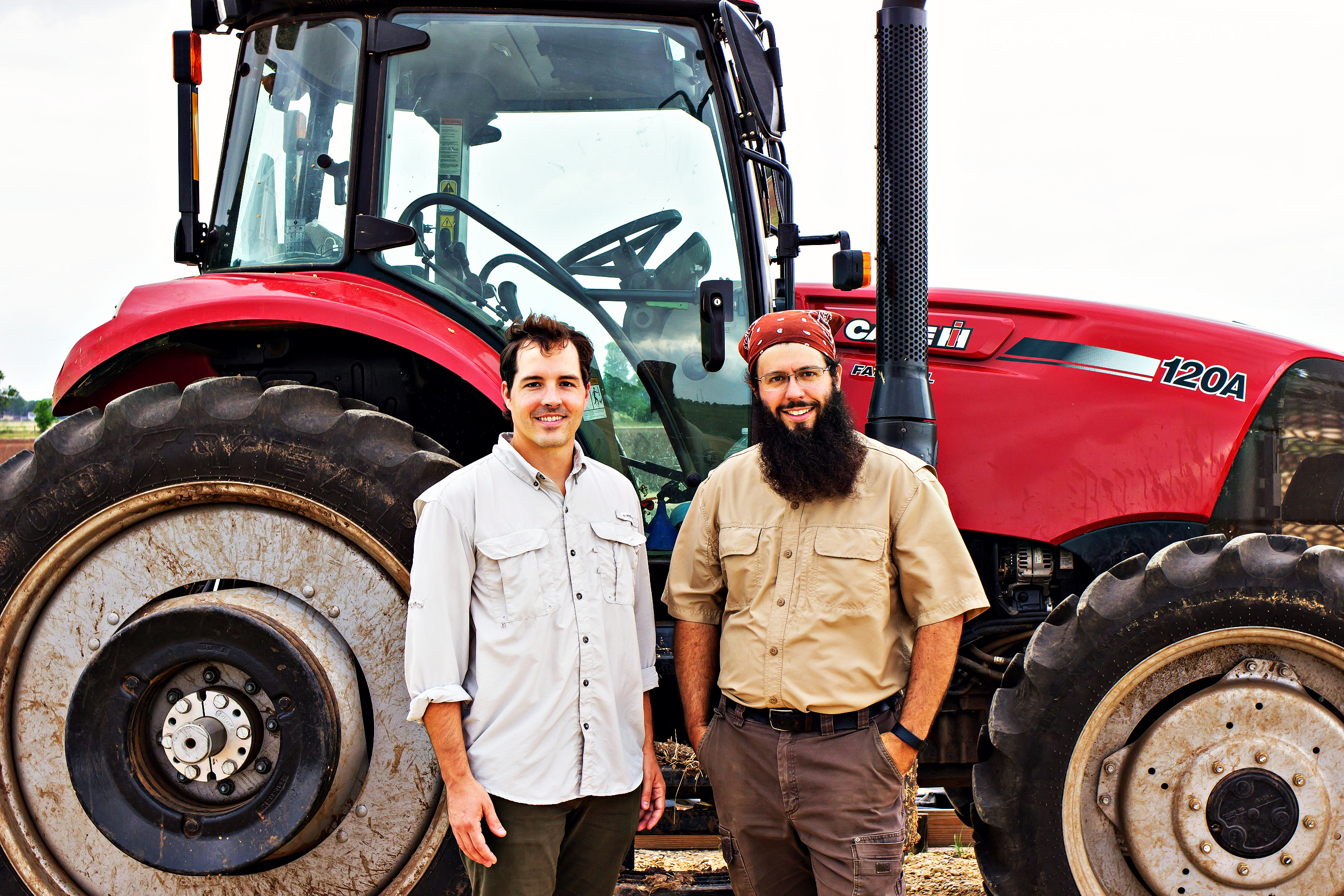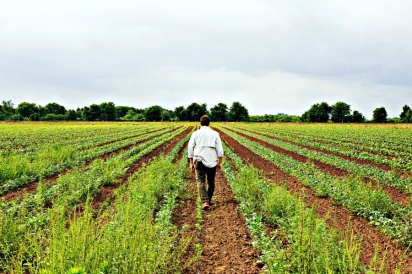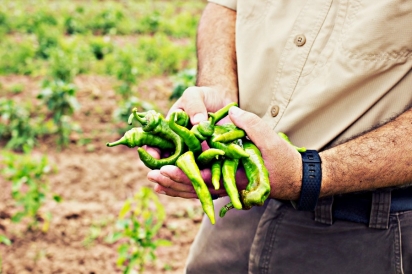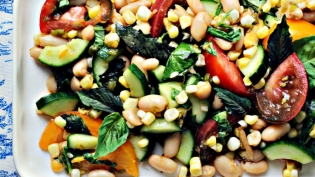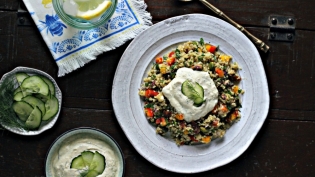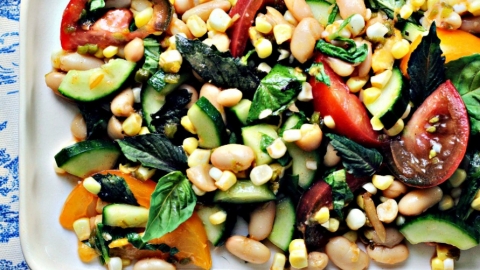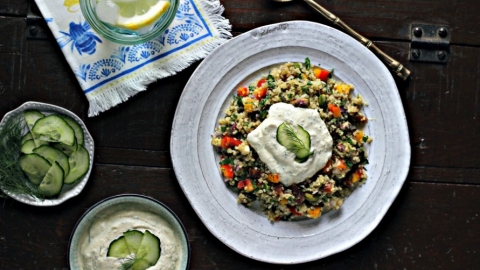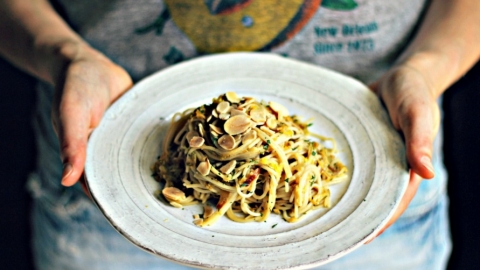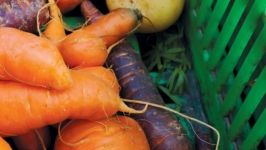LOAM Agronomics: Feeding Houston Greens
Located in Richmond on 288 acres of agricultural land, Loam Agronomics is a swiftly growing farm with a socially conscious vision for expanding plant-based eating in Houston. Loam is the brainchild of Clayton Garrett and Scott Snodgrass. Both have a deep connection to farming as Garrett’s family owns cotton farms and Snodgrass began farming organically in 2009. Along with their farm team, Garrett and Snodgrass began working the soil at Loam in November of 2016.
Dedicated to help making Houston healthier through their large-scale Community Supported Agriculture (CSA) program, Loam’s goal is to make local, sustainable produce affordable and convenient. Since they started their CSA program in late March of this year Loam has cultivated a community of over 100 members, and growing.
Several factors are involved when it comes to choosing what crops to grow at Loam. They want to strike the balance of meeting customer demand while also keeping the lineup diverse. For example, in late spring they were harvesting wasabina mustard greens, a much milder variant with a more complex flavor profile that lacks much of the pungency and heat found in standard mustard greens. And, this summer, they are working with many varieties of sweet peppers such as the Fushimi that has hints of basil. In addition to taste and customer demand, potential crop yield and labor hours are also factors that determine what will be planted. Crops that are easier to harvest and require less hands-on time will typically be chosen over more labor intensive crops.
At the farm, soil health is just as important as the quality of the crops grown. Various practices have been implemented at Loam to ensure soil fertility and productivity. According to owner Scott Snodgrass, Loam is “committed to a type of agriculture that can exist indefinitely with fewer off-farm inputs than today’s conventional version.” Since the success of a farm is mostly dependent upon the health of the soil, decisions at the farm are made based on the effect they will have on the soil. Planting cover crops like sunn hemp and using no-till principals allow for the creation of healthier soils without the use of heavy farm equipment. Sunn hemp is an Indian variant in the legume family that is being grown in order to increase organic matter and nitrogen levels in the soil as well as discourage damaging root-knot nemotodes. In addition to its soil benefits, sunn hemp’s use as a cover crop can also reduce soil erosion and conserve soil water.
Loam’s philosophy regarding ecology differs quite a bit from that of conventional agriculture and horticulture as they are interested in keeping natural systems (such as food webs) in balance. This is important in sustainable farming as maintaining or improving the biodiversity of the plants, animals, and microbes in the soil is the best way to keep the systems running optimally without the use of synthetic fertilizers and pesticides. Loam is currently on track to get their organic certification so they strictly follow regulations outlined by the National Organic Program. Though the land Loam farms was used for conventional, chemical-laden corn farming in the past, they are working diligently to convert it. Per organic certification regulations, the land must endure 3 years of sustainable, chemical-free farming and Loam is about 30 months through that time period. They hope to have their organic certification near the end of 2017. In the meantime, rest assured that they will be turning out crops with a standard of variety and quality that sets them apart.
As we approach the summer season here in Houston, Loam is beginning to produce many beautiful varieties of sweet corn, peppers, tomatoes, summer squashes, and cucumbers. Below you’ll find some plant-based recipes that take advantage of these delicious vegetables. If you are interested in seeing what Loam is all about and taking part in their weekly CSA program, head here: http://www.loamagronomics.com/csa/


